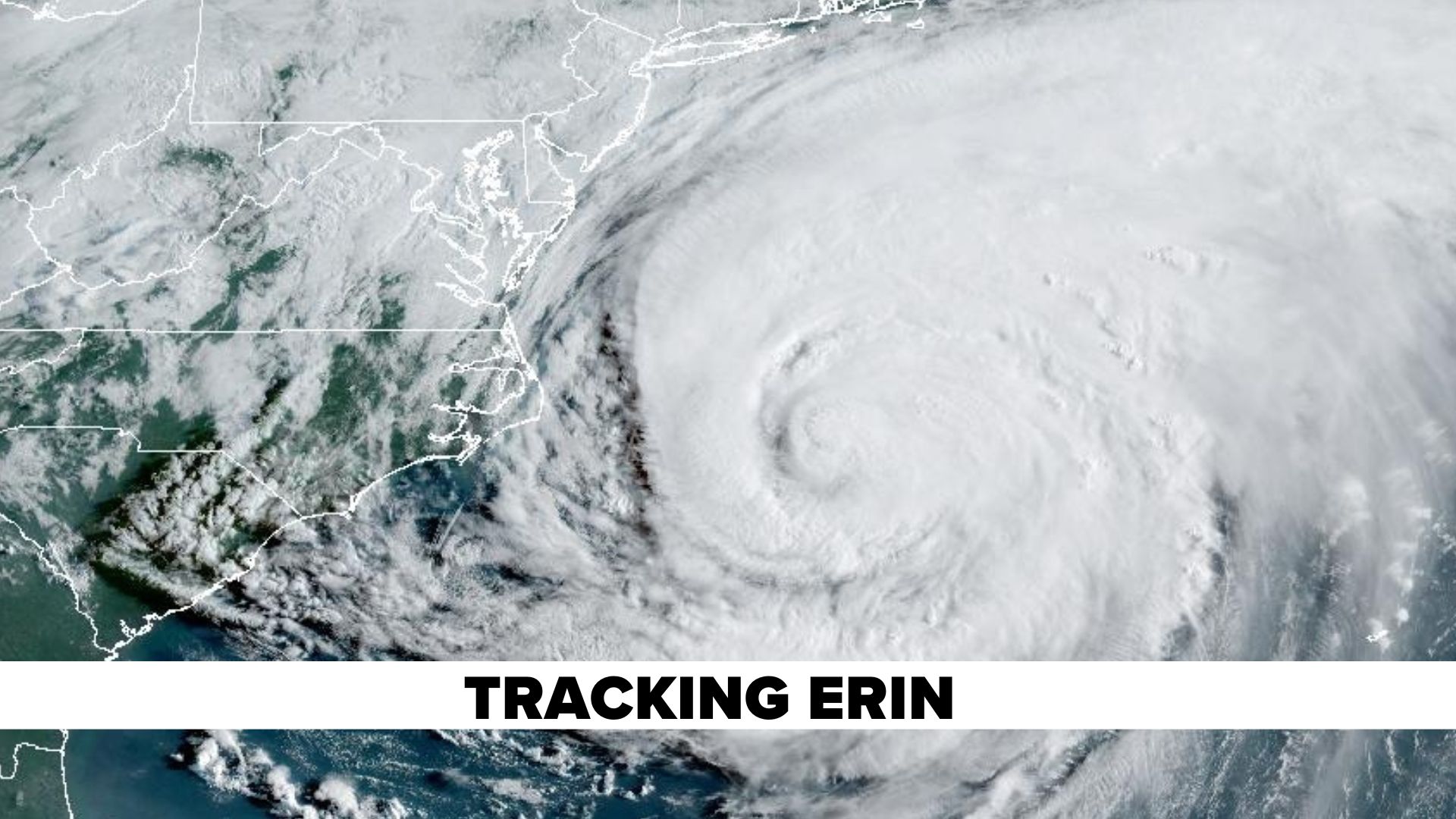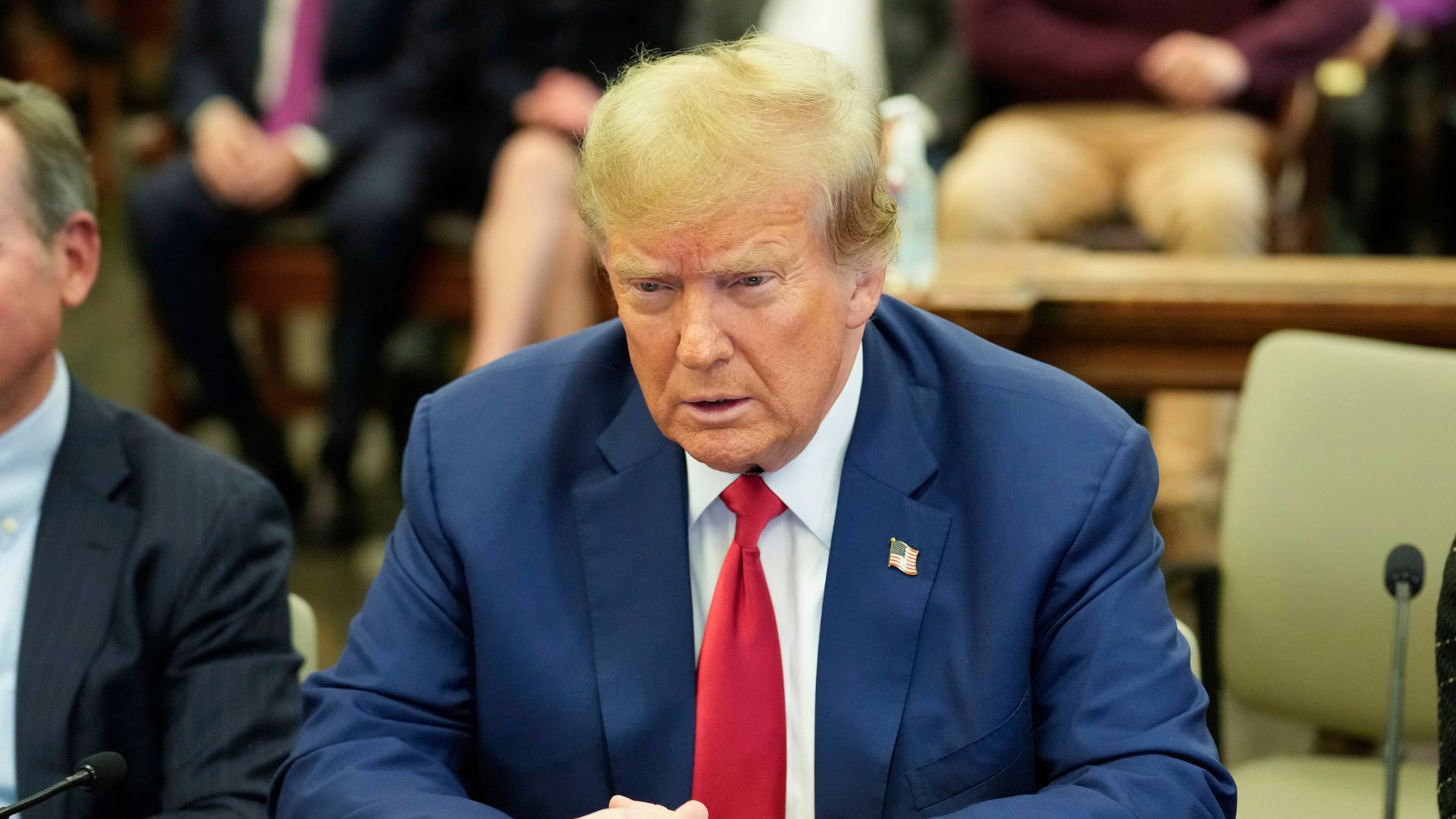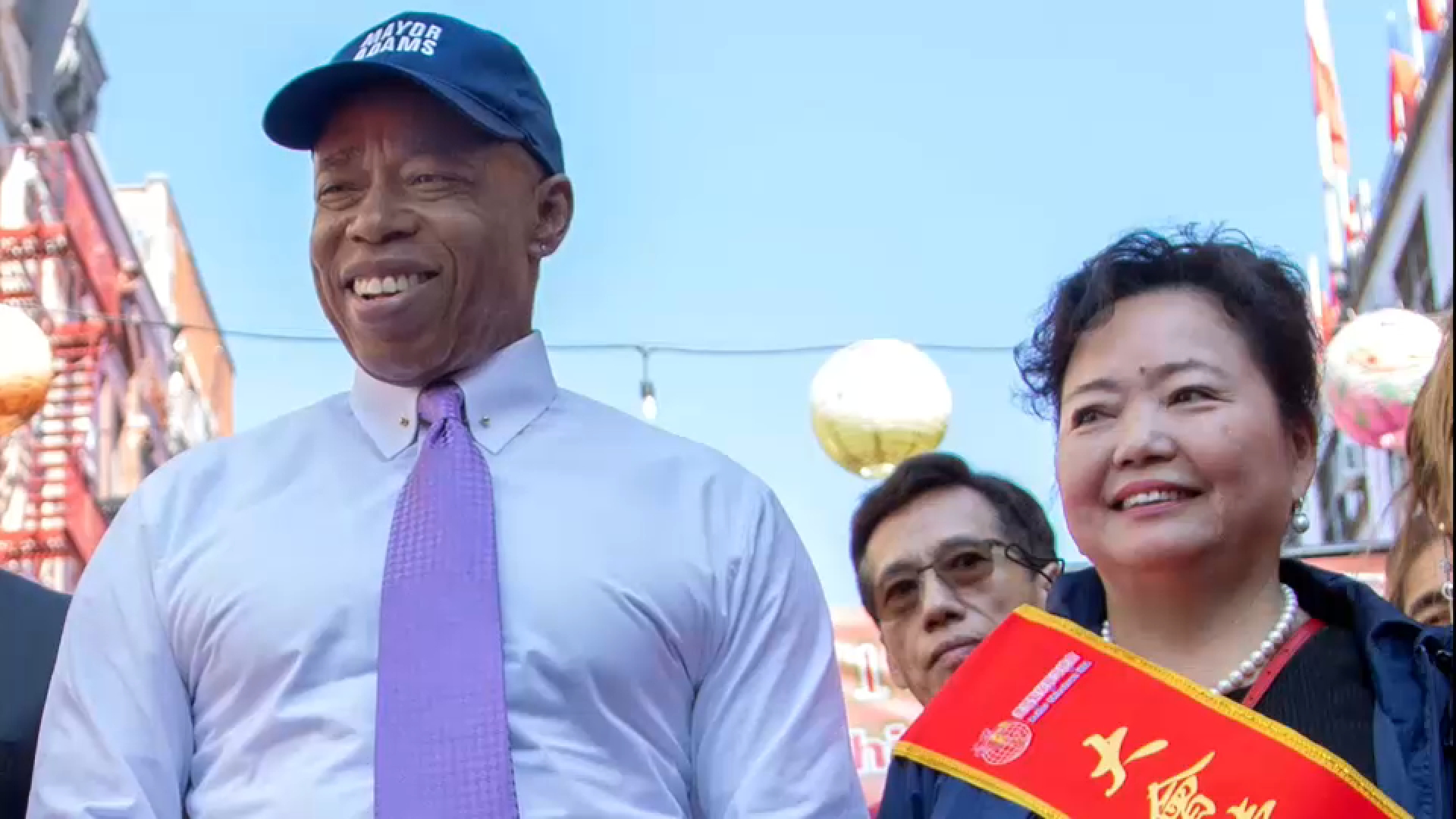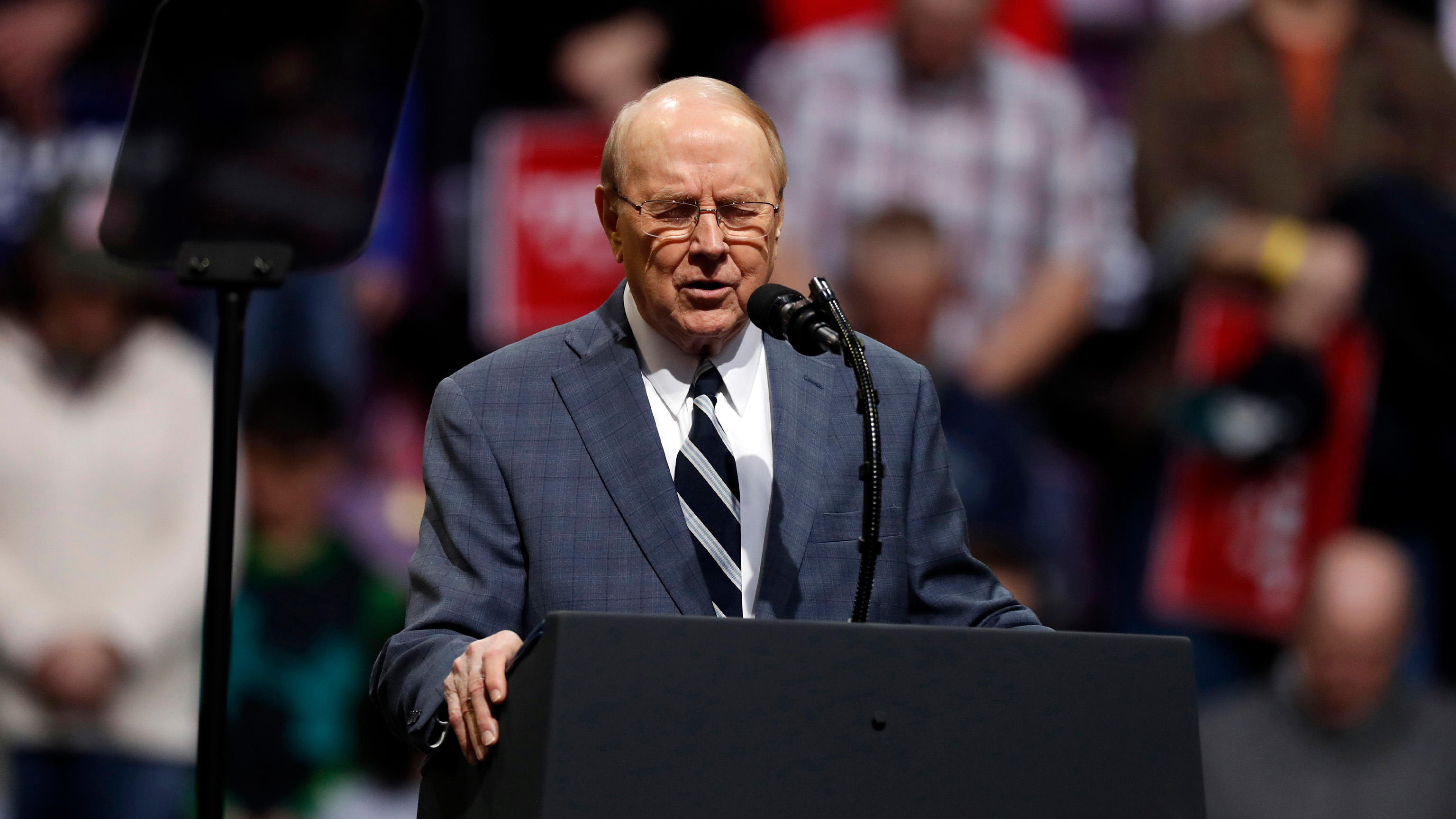Gabbard to slash Director of National Intelligence staff by nearly 50%

Director of National Intelligence Tulsi Gabbard announced Wednesday that her office will cut nearly half its workforce and consolidate several intelligence centers as part of a sweeping restructuring initiative called "ODNI 2.0."
The overhaul, billed by officials as the largest reform since the office was created after the September 11 terrorist attacks in 2001, is expected to save taxpayers more than $700 million annually while refocusing ODNI on its core role of integrating and overseeing the intelligence community, officials said.
ODNI has grown to nearly 1,850 employees over the last two decades and Gabbard said the office has become bloated and inefficient. Senior officials told ABC News the cuts will primarily target redundant functions and personnel. Employees affected will begin receiving notices on Wednesday, with positions officially ending Sept. 23. Vacant roles will not be refilled, and staff loaned to other agencies will return to their home offices.
In a letter to staff obtained by ABC News, Gabbard described ODNI 2.0 as "a leaner, faster, and more agile institution refocused on integrating the IC [Intelligence Committee], upholding tradecraft standards, and delivering timely, unbiased intelligence to the president and policymakers."
Among the most significant changes include dissolving the Foreign Malign Influence Center, National Counterproliferation and Biosecurity Center, and Cyber Threat Intelligence Integration Center with their functions folded into ODNI's Mission Integration directorate and the National Intelligence Council.
The National Counterterrorism Center, under newly confirmed director Joe Kent, will refocus on its core counterterrorism mission while also expanding into counternarcotics, reflecting the Trump administration's push to treat drug trafficking as a national security threat. Officials said the move builds on work that began earlier this year.
The National Intelligence University will be transferred to the Defense Department's National Defense University. In an Aug. 11 letter obtained by ABC News, Gabbard and Defense Secretary Pete Hegseth said the realignment "aligns with President Trump's focus on increasing efficiencies across government and will enhance the quality of our education programs." Officials said the move is designed to better integrate intelligence training with defense priorities while reducing duplication. The change also reflects Gabbard and Hegseth's broader effort to consolidate national security education under one roof.
The National Intelligence Managers and the National Intelligence Management Council will be absorbed under the National Intelligence Officer structure to streamline oversight. The cuts also target technology systems and contractor-heavy programs. ODNI says by eliminating duplicative HR and analytic tools across the 18-member intelligence community, officials project nearly $1 billion in recurring annual savings across the Intelligence Community.
President Donald Trump was briefed on the reforms earlier this month alongside Secretary of State Marco Rubio, Chief of Staff Susie Wiles, and senior National Security Council officials. Gabbard emphasized that ODNI itself will remain intact, continuing to serve as the community's central hub for integration and oversight.
]/>
The reforms also stress investment in artificial intelligence, quantum computing, and advanced data tools. Some of ODNI's technology hasn't been updated in 20 years, one senior official said. According to Gabbard, updating analytic tradecraft to incorporate AI will be a priority, though staff will not be replaced by machines.
Other closures include the External Research Council, which Gabbard's office described as a politically appointed body that injected partisan views into intelligence processes, and the Strategic Futures Group, accused by ODNI of pushing "deep state" partisan political agendas through its Global Trends report. ODNI will also close its Reston, Va., campus and consolidate operations at headquarters.
In a statement released on Wednesday, Gabbard cast the changes as both fiscal discipline and a cultural reset, saying "Over the last 20 years, ODNI has become bloated and inefficient, and the intelligence community is rife with abuse of power, unauthorized leaks of classified intelligence, and politicized weaponization of intelligence."
"Ending the weaponization of intelligence and holding bad actors accountable are essential to begin to earn the American people's trust which has long been eroded. Under President Trump's leadership, ODNI 2.0 is the start of a new era focused on serving our country, fulfilling our core national security mission with excellence."
In a closing note to staff, Gabbard wrote: "We are here to serve a purpose greater than ourselves. I hope you will join me in embracing this opportunity for a new beginning with discipline and resolve-owning our mission and charging ahead together."
Sen. Tom Cotton, R-Ark., chairman of the Senate Intelligence Committee, said he looked forward to working with Gabbard to implement the reforms.
"Congress created the ODNI to be a lean organization that used small staffs to coordinate across the Intelligence Community and execute specific, important tasks. Today's announcement is an important step towards returning ODNI to that original size, scope, and mission. And it will help make it a stronger and more effective national security tool for President Trump," he said in a statement.
Sen. Mark Warner, D-Va., the ranking Democrat on the Intelligence Committee, said there is bipartisan agreement that the agency is in need of "thoughtful reform," but raised questions about Gabbard being the one to implement it.
"The Intelligence Authorization Act directs Director Gabbard to submit a plan to Congress outlining her proposed changes, and we will carefully review her proposals and conduct rigorous oversight to ensure any reforms strengthen, not weaken, our national security. But given Director Gabbard's track record of politicizing intelligence -- including her decision just yesterday to revoke security clearances from career national security officials -- I have no confidence that she is the right person to carry out this weighty responsibility," he said in a statement.






